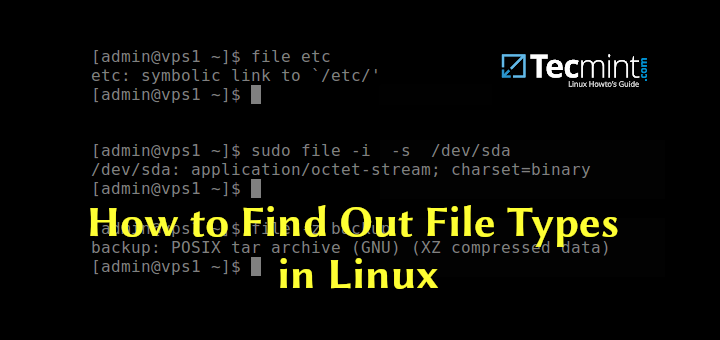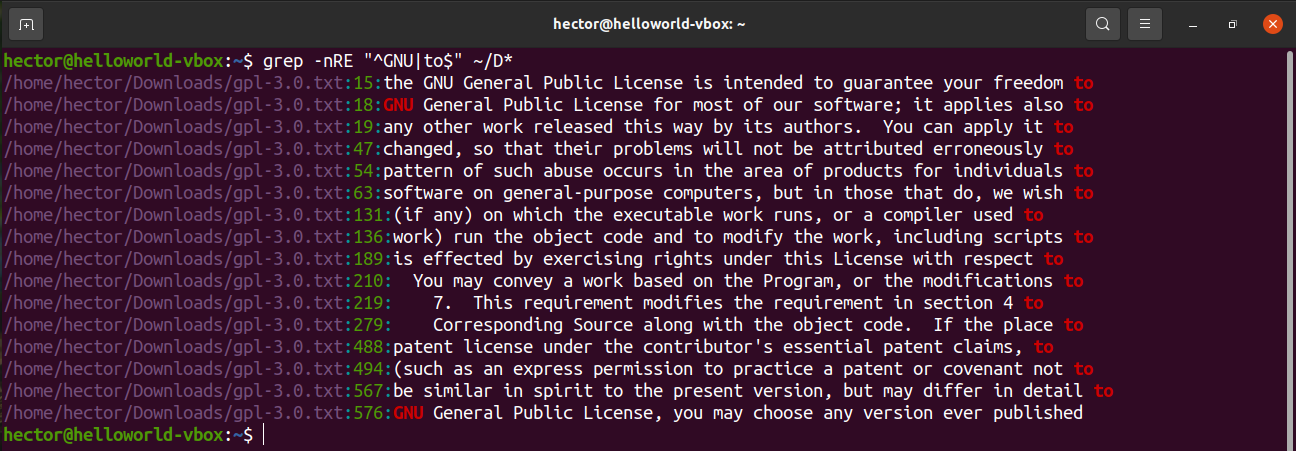
This is another regular expression which works on a filename. The third argument, file_pattern, is optional. We use the regular expression format defined in the Python re library. The second argument, pattern_to_search, is a regular expression which we want to search in a file. The first argument, path, is the directory in which we will search recursively. This is how one should use this script./sniff.py path pattern_to_search I wrote a Python script which does something similar.
-print0 and -null on the other side of the | (pipe) are the crucial ones, passing the filename from the find to the grep embedded in the xargs, allowing for the passing of filenames WITH spaces in the filenames, allowing grep to treat the path and filename as one string, and not break it up on each space. -type f specifies that you are looking for files. ( -name " *.pas" -o -name " *.dfm" ) : Only the *.pas OR *.dfm files, OR specified with -o in the find specifies from the current directory. type f \( -name "*.pas" -o -name "*.dfm" \) -print0 | xargs -null grep -with-filename -line-number -no-messages -color -ignore-case "searchtext" type f -name "*.*" -print0 | xargs -null grep -with-filename -line-number -no-messages -color -ignore-case "searthtext"Īnd if you have an idea what the file type is you can narrow your search down by specifying file type extensions to search for, in this case. "/home" depending where you actually want to search.Įxpanding the grep a bit to give more information in the output, for example, to get the line number in the file where the text is can be done as follows: find. So in the examples above, you'd better replace ' /' by a sub-directory name, e.g. Warning: unless you really can't avoid it, don't search from '/' (the root directory) to avoid a long and inefficient search! Note: You can add 2>/dev/null to these commands as well, to hide many error messages. The Silver Searcher: ag 'text-to-find-here' / -l RipGrep - fastest search tool around: rg 'text-to-find-here' / -l Better try them, provided they're available on your platform, of course: Faster and easier alternatives The find command is often combined with xargs, by the way.įaster and easier tools exist for the same purpose - see below. \ 2>/dev/nullįind is the standard tool for searching files - combined with grep when looking for specific text - on Unix-like platforms. This will only search through those files which have. -e is the pattern used during the searchĪlong with these, -exclude, -include, -exclude-dir flags could be used for efficient searching:. -l (lower-case L) can be added to just give the file name of matching files. 
Got a better solution for this problem? Share it in the comments.Do the following: grep -rnw '/path/to/somewhere/' -e 'pattern' This Linux quick tip was suggested by Linux Handbook reader, Jane Hadley. This command will instantly change all occurrences of “2017” to “2018”: find ~/public_html/my_website/pages -type f -exec sed -i 's/2017/2018/g' and \ is mandatory. You can easily do so with a single command: In this example, you have 50 web pages in the pages folder. So, what do you do? One of the several ways to find all occurrences and then replace the searched term is by using a combination of find and sed commands.

You can easily find all occurrences in all the files but manually changing the year, one by one, in each file should be avoided. Question: How do I replace all occurrences of a word in all the files in the given folder?Ĭonsider a problem scenario where you have a website in which you often refer to the current year.






 0 kommentar(er)
0 kommentar(er)
